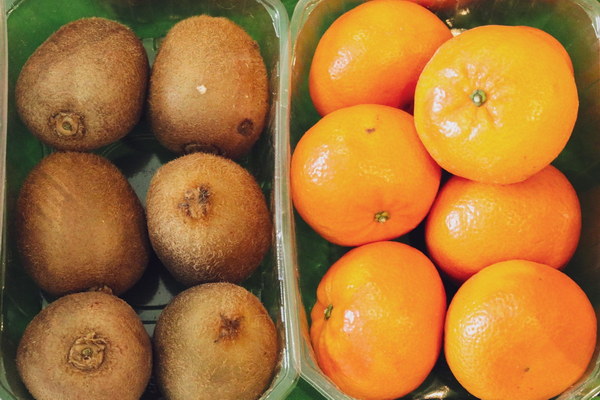Bait and Bread The Scamming of Food Subsidies Exposed
In a world where the fight against hunger is a daily struggle, the misuse of food subsidies has become a matter of grave concern. The story of how some individuals and organizations have managed to scam the system for personal gain is a shocking revelation into the depths of corruption and deceit. This article delves into the scandal of food subsidy fraud, exposing the methods used, the impact on those in need, and the efforts being made to combat this alarming practice.
The Appeal of Food Subsidies

Food subsidies are financial assistance programs designed to ensure that vulnerable populations, such as low-income families and individuals, have access to affordable food. They are intended to stabilize food prices, support farmers, and alleviate hunger. However, the allure of these funds has drawn the attention of unscrupulous individuals, who see an opportunity to enrich themselves at the expense of the most vulnerable.
The Fraudulent Web
The scamming of food subsidies typically involves a series of manipulative actions. Here's how it often unfolds:
1. Identity Theft: Scammers steal the identities of eligible individuals to claim subsidies meant for them. This can be as simple as obtaining personal information through illegal means or as complex as forging documents.
2. Collaboration with Distributors: Scammers forge partnerships with legitimate food distribution companies, promising to deliver food to designated areas. They pocket the subsidies meant for these deliveries without ever distributing the food.
3. False Reporting: Scammers may report false deliveries or exaggerated quantities of food delivered to certain locations, thereby inflating the amount of subsidy they receive.
4. Price Manipulation: Scammers may also manipulate the prices of food items to claim higher subsidies, taking advantage of the fact that subsidies are often based on the cost of food.
5. Collusion with Officials: In some cases, corrupt officials may be in on the scheme, either by turning a blind eye to fraudulent activities or actively participating in the scam.
The Devastating Impact
The consequences of such fraud are far-reaching:
- Increased Hunger: The intended recipients of food subsidies are robbed of their livelihoods and left to suffer from increased hunger and malnutrition.
- Financial Loss: Governments lose billions of dollars in subsidies, which could be used to fund other critical services and programs.
- Erosion of Trust: The public's trust in government assistance programs is eroded, making it more difficult to help those in need.
The Battle Against Fraud
Efforts to combat food subsidy fraud are ongoing and multifaceted:
- Strengthening Regulations: Governments are implementing stricter regulations and oversight mechanisms to prevent and detect fraud.
- Technology Integration: The use of technology, such as blockchain and biometric verification, is being explored to ensure that subsidies reach the intended recipients.
- Public Awareness Campaigns: Educating the public about the importance of reporting fraud can help in early detection and prevention.
- Collaboration with NGOs: Non-governmental organizations are playing a crucial role in monitoring and reporting fraudulent activities.
Conclusion
The scamming of food subsidies is a dark chapter in the fight against hunger. It is a wake-up call for governments, organizations, and individuals to take a stand against corruption and ensure that every dollar of subsidy is used to feed those who need it most. Only through collective effort can we hope to restore the integrity of food subsidy programs and provide a lifeline to those struggling with hunger.









